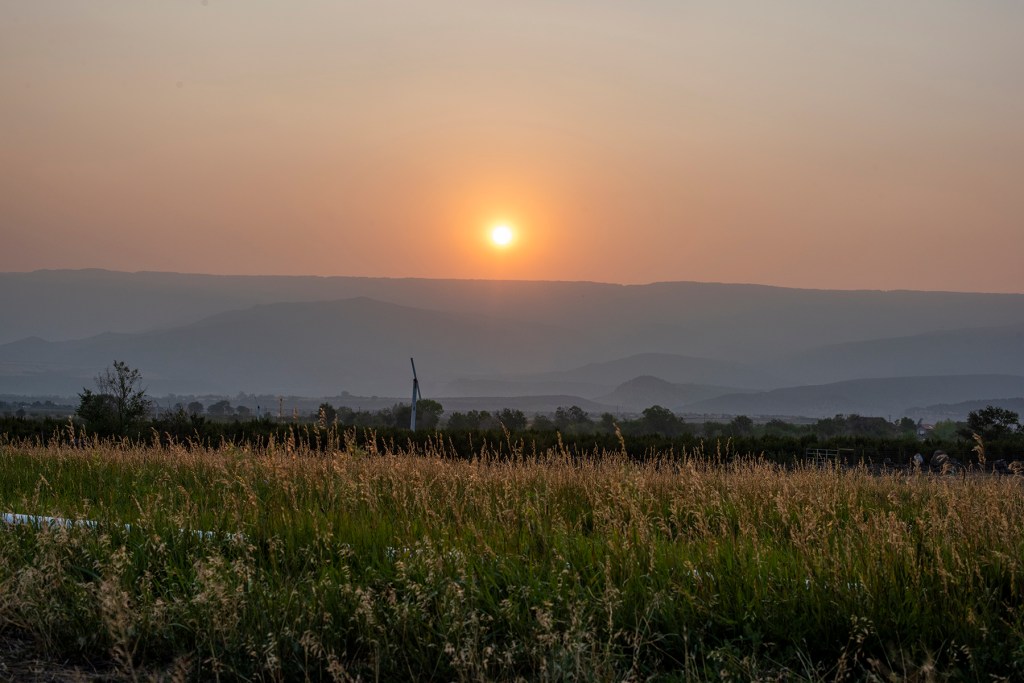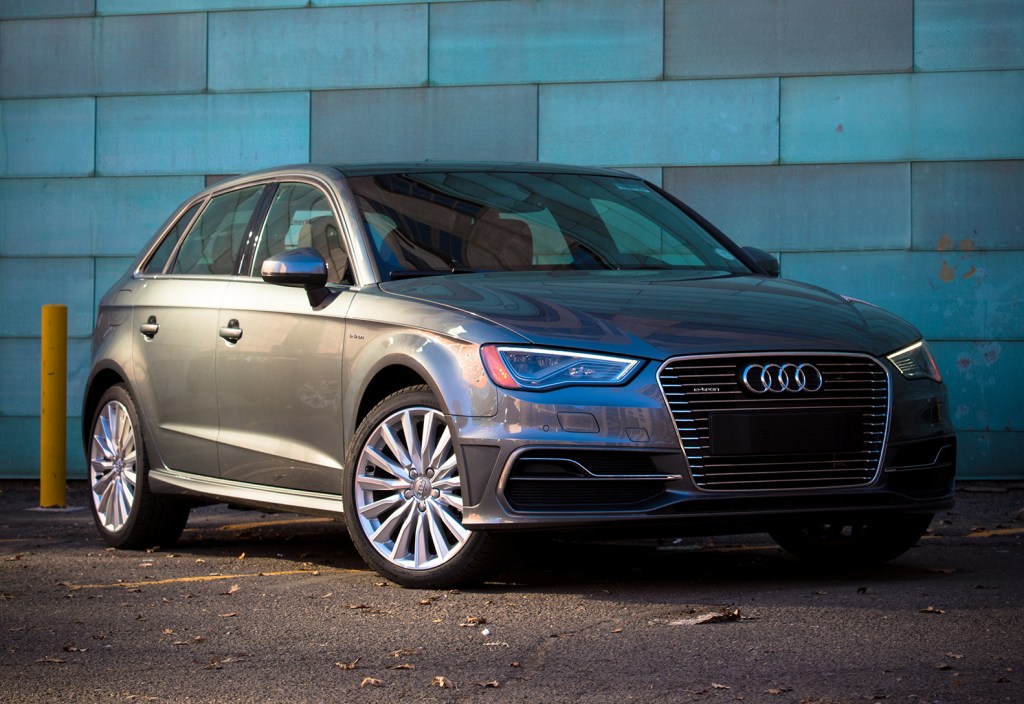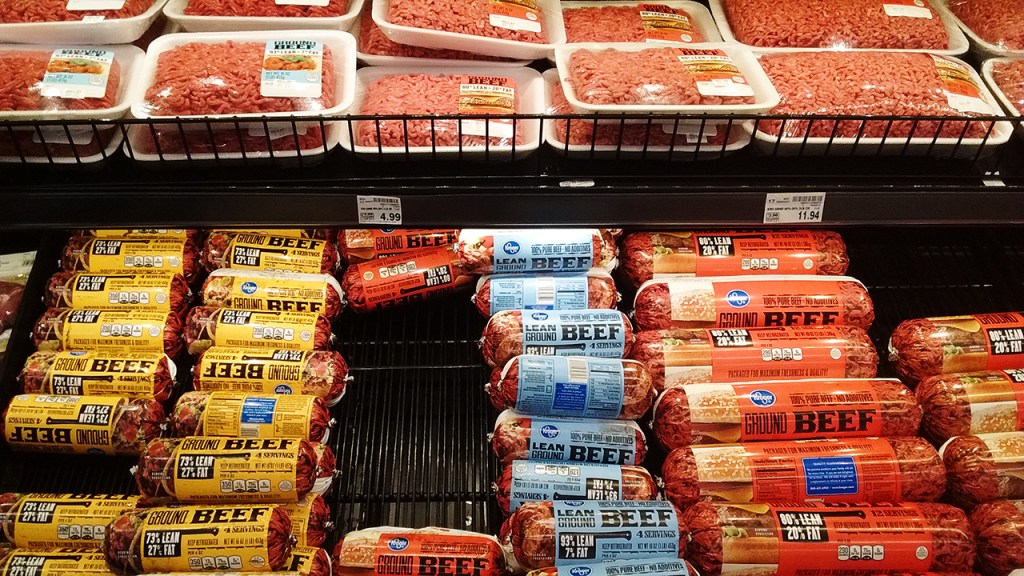“Build back better. Blah, blah, blah. Green economy. Blah, blah, blah. Net zero by 2050. Blah, blah, blah. This is all we hear from our so-called leaders. Words that sound great but so far have not led to action. Our hopes and ambitions drown in their empty promises.”
I don’t pay a great deal of attention to teenagers, mostly because I’m not learning dance moves on The TikTok, but I’d have to agree with Greta Thunberg’s comments above. The preposterous dog and pony show currently taking place in Glasgow is just so much performative rhetoric with absolutely no follow-through. Honestly, the planet likely warmed another ten degrees from all of the hot air passionately emoted in Scotland. Please note that this summit is titled COP26 for a reason – because twenty-five conferences have been held previously, and precisely nothing was accomplished through any of those gatherings, either. Also, pro tip for the U.N.: everyone knows that if you want to host the most glamorous climate-change party you should invite some big-name guests, and when Russia and China both decline your invitation, your party starts to look a little sad.

Our smoky, hazy, summer wildfire sky.
Let’s look on the bright side: we’re finally, finally having some hard conversations about the devastating realities of climate change! Now let’s look on the realistic side: it’s far past time for us to acknowledge that we cannot stop or even slow climate change! The moment for that was forty years ago, when scientists first started warning of these eventualities. Countries have never once even met emission-reduction goals, never mind exceeded them, and we’re quickly headed for a far greater increase than the oft-mentioned 2°C. In late 2021, the only realistic approach is to concentrate all of our efforts on adapting to our changing weather patterns and our warming planet. It’s ridiculous to think that we can alter the current trajectory, but we may as well acknowledge that adaptation is what humans do best – it’s exactly why we’re in this doomsday scenario, because we’ve adapted to living and breeding everywhere, limited resources be damned.
What frustrates me most about a bunch of useless politicians prattling on about green economies and renewable energy – plus a bunch of shouty protesters taking to the streets with their cobalt-filled smartphones! – is that collectively, we’ve chosen to ignore the solutions that already exist. It’s almost as though we didn’t think that climate change was a tricky-enough problem, so we said, “How can we make this more difficult and more expensive?” Instead, all we actually have to do is look at the answers we already have – and the two best and most obvious both save people money AND have a huge impact on overall methane emissions. Yes! Everyone talks about decarbonization, but perhaps our energy would be better focused on methane reduction.

Lovely car, but electric vehicles aren’t going to save us. Not by a long shot.
This is not intended to broadly oversimplify the hugely complex problem of climate change, but the Environmental Defense Fund puts it like this: “Cutting methane emissions is the fastest opportunity we have to immediately slow the rate of global warming, even as we decarbonize our energy systems. It’s an opportunity we can’t afford to miss. Methane (CH4) has more than eighty times the warming power of carbon dioxide over the first twenty years after it reaches the atmosphere. Even though CO2 has a longer-lasting effect, methane sets the pace for warming in the near term. At least 25% of today’s warming is driven by methane from human actions.”
And so, the obvious question would be as follows: what can we, as individuals, do to reduce our methane emissions? The answer is remarkably simple yet hugely impactful: eat less (or no) meat and stop wasting food. These are basic actions that don’t require complicated technology, new infrastructure, job retraining or trillions of incentive dollars. They also directly benefit our health and save us money.

Cheap hormone-drenched feedlot beef in plastic tubes. Yummy yummy!
According to the EPA, well more than a third of the United States’ methane emissions originate from agriculture, primarily feedlots and manure lagoons (such an attractive phrase – the American meat industry is decidedly grim). “When livestock and manure emissions are combined, the agriculture sector is the largest source of CH4 emissions in the United States.” Obviously, then, reducing the number of animals we raise for food is a simple way to reduce methane emissions. In Glasgow, however, not much was said about meat consumption, likely because at least in America, the livestock and agriculture industries are incredibly powerful. Shaking that tree is going to take quite a bit more than twenty-six international climate summits.
It’s no surprise that Americans are one of the top consumers of animal flesh in the world; we were raised, of course, on “meat and potatoes.” When it comes to our food expenditures, meat represents the lion’s share of our grocery budget. Using broad-brush statistics, Americans consumed about 265 pounds of meat per person in 2020, at a cost of $4 per pound. (These numbers are roughly averaged, as beef is substantially more expensive than chicken and pork.) That’s three-quarters of a pound of meat per person, per day, every day. Considering that we have the highest rates of diabetes, heart disease and cancer in the developed world – lifestyle diseases strongly correlated with our excessive meat consumption and shockingly poor diets – decreasing the amount of meat we eat would reduce methane and save lives, plus save us all money on groceries and health care. (The hospital industry is a huge GHG emitter, too, so if we stayed out of hospitals because we were healthier we’d again be helping both ourselves and the planet. See how it all comes together?)

Livestock should be on pasture, not in feedlots.
As an additional incentive, millions of acres of land are cleared to raise livestock and feed, primarily corn and soy. Returning these acres to natural prairie grassland in the U.S. or tropical rain forest, as in the Amazon, would also help sequester tons of carbon dioxide in the soil, rather than pushing it into the atmosphere. Raising livestock also uses astonishing amounts of water; in the American West, where most beef cattle can be found, there is no longer any water to spare. In short, the overall benefits of minimizing or eliminating meat consumption are staggering – and certainly not discussed nearly as often as EVs or taxes on oil and gas companies.
Methane is generated not only from livestock and their waste, but from any decomposing organic matter thrown into landfills. Food waste, then, is another massive beast entirely; more than 40% of all food produced in the United States is never eaten. If food waste were a country, its emissions would be third-highest in the world, after the U.S. and China; globally, food waste accounts for about 8% of the world’s total greenhouse gases. This is such low-hanging (and obviously rotting) fruit – when organic matter is decomposed properly in a well-managed compost pile, it produces nutrient-rich humus that can then be used to grow more food. When smothered in non-biodegradable plastic trash bags in a landfill, however, its emissions are greater than the entire airline industry. And the solution is just so simple and again, saves money – buy less food, don’t cook more than you’ll eat, use up your leftovers and scraps and start a compost pile. The answers really aren’t that complicated, and no one needed to convene tens of thousands of people in Scotland to figure this out. Sure looks impressive on social, though.

Composting organic matter is such a simple way to reduce methane emissions.
It’s easy to lose faith entirely when our world leaders are so smug and so hypocritical, and so intent on making blah blah blah promises they have no intention of keeping. If you’re feeling entirely depressed and hopeless about the state of the world – as most of us likely are – just know that individual choices do make a difference when taken collectively. Reduce or eliminate meat in your diet and stop throwing away food. These small actions might not seem like much, but it’s certainly a better approach than giving up entirely.
Thank you.
LikeLike
Thanks for reading, Sally.
LikeLike
I like this letter Elizabeth. I see you are coming around to eating less meat. I am a full vegan as of Jan 2020. I went to a Shamayim Institute retreat in Ca at the Brandeis Campus in Feb 2020. It was awesome.
I hope to come see you place at some time in the future ,
Shalom,
Valerie
LikeLike
Hello Val, we eat very little meat and have long chosen – a decade-plus – to eat only meat that we raised or was pasture-raised by someone we know, so it’s not at all a recent transformation. The writing has been on the wall for years that Western meat consumption rates are not sustainable for either personal health or the planet, and we cannot continue to complain about our health care system or climate change if we’re not willing to do some of the hard work ourselves.
LikeLike
Thanks for the super informative post. My family has eaten significantly less meat in recent years. I wish people understood how important and impactful small changes really can be.
LikeLike
Thanks for reading, Sara. I think perhaps people are finally realizing that eating less meat saves money, the environment and one’s own health. It’s a pretty high return on investment for a small change in behavior.
LikeLike
Well said! Having been vegan for about 6 years now, we still have days where we think it would be easier to change to a regular diet. Then I read comments like yours, see over weight, un-healthy people or hear more about the inhumane, mass-produced meat industry and our plant-based commitment is reinforced. I like to think we are making a difference to the world and to ourselves.
LikeLike
Thank you, Kathy! There are so many advantages to a plant-based diet, especially as food costs continue to rise – I’m hopeful that more and more people will realize the benefits of reducing or eliminating animal products.
LikeLike